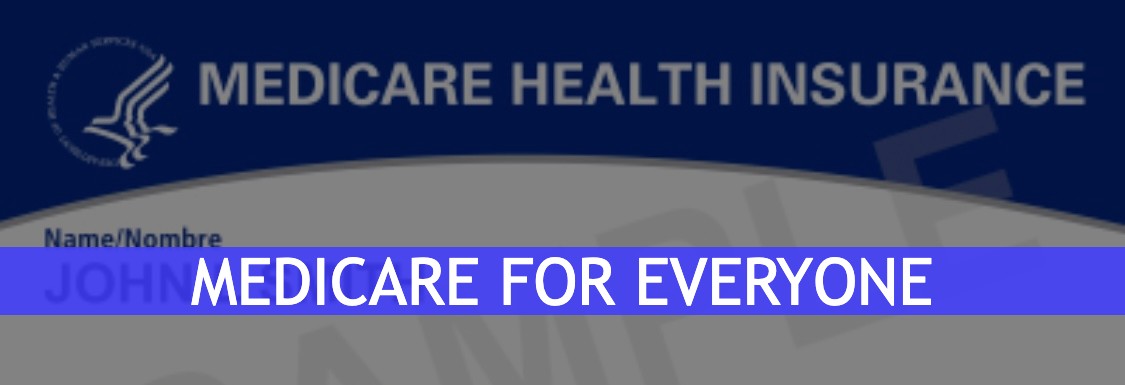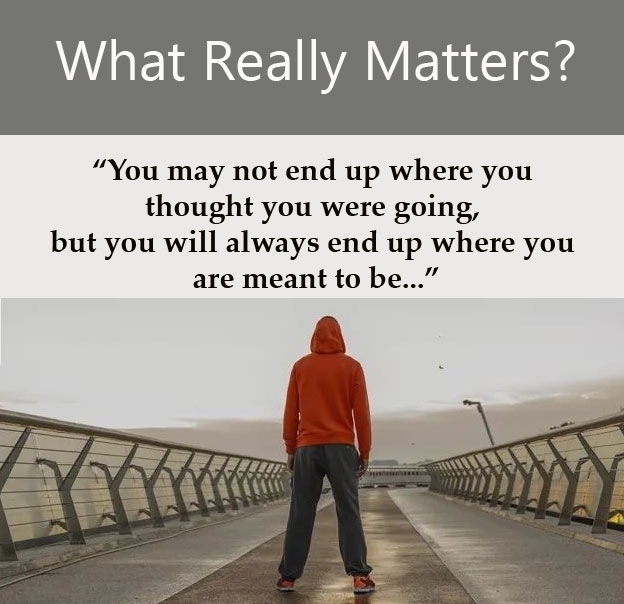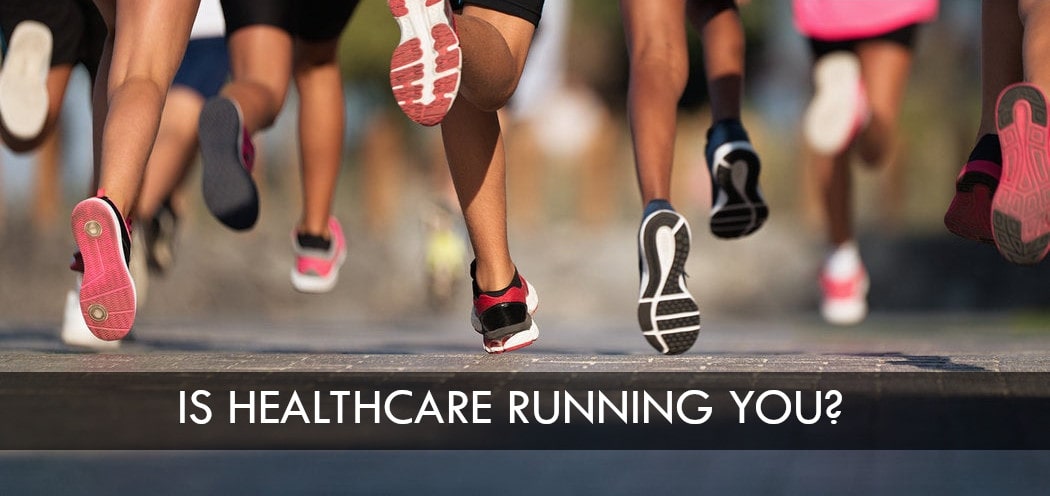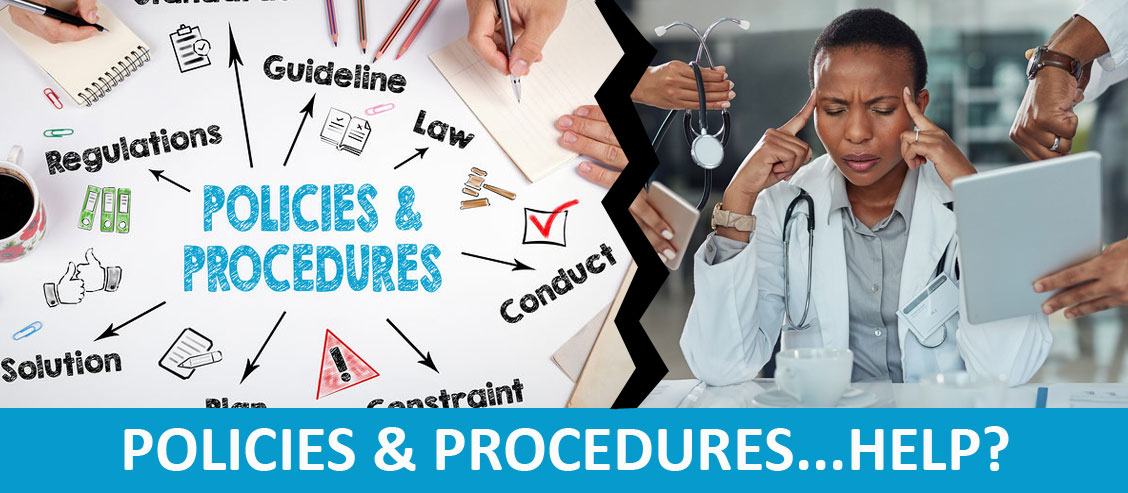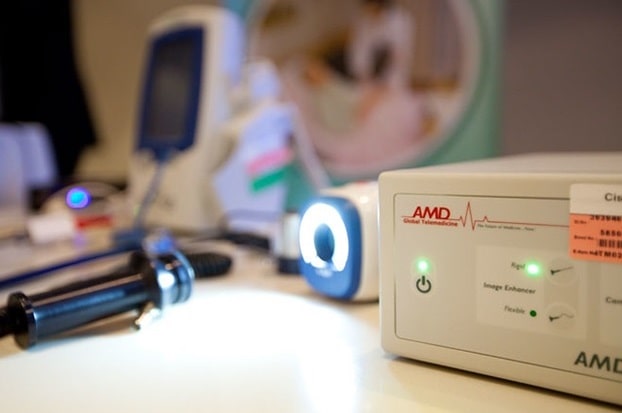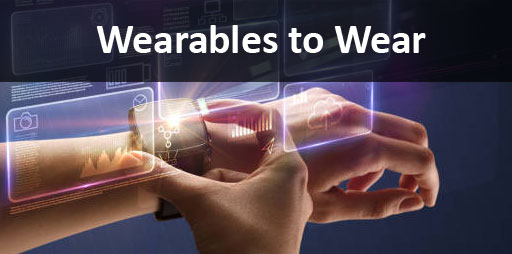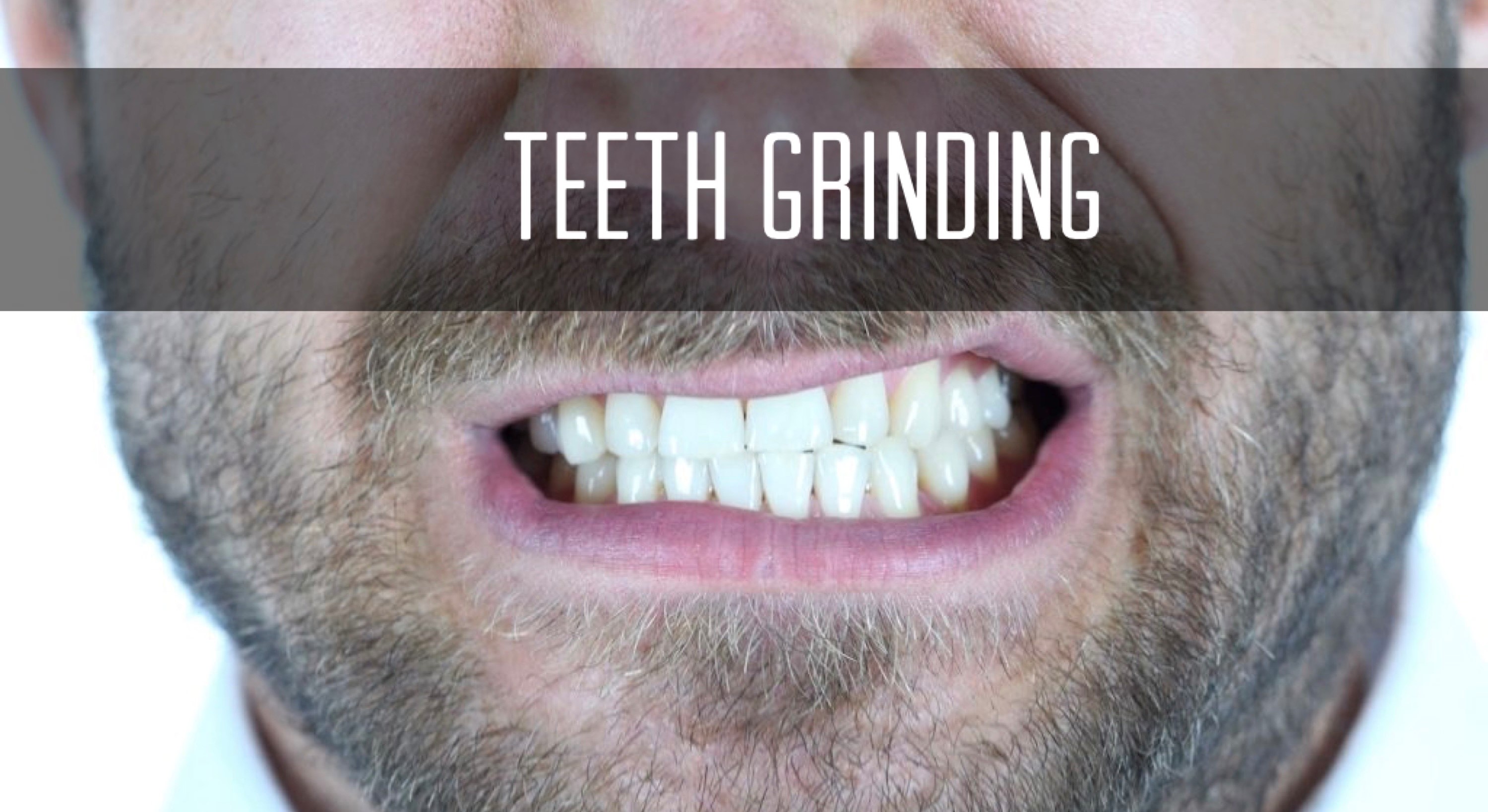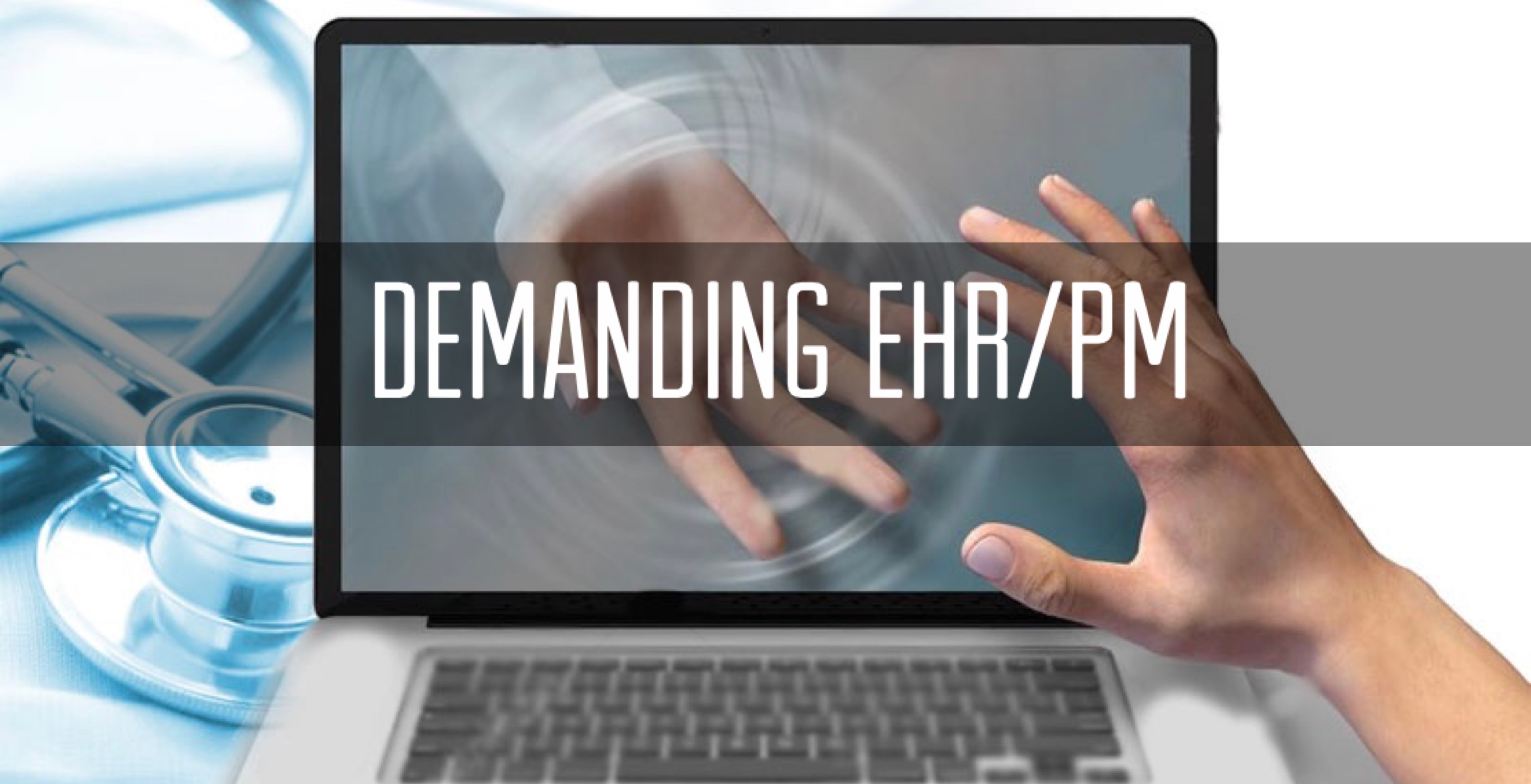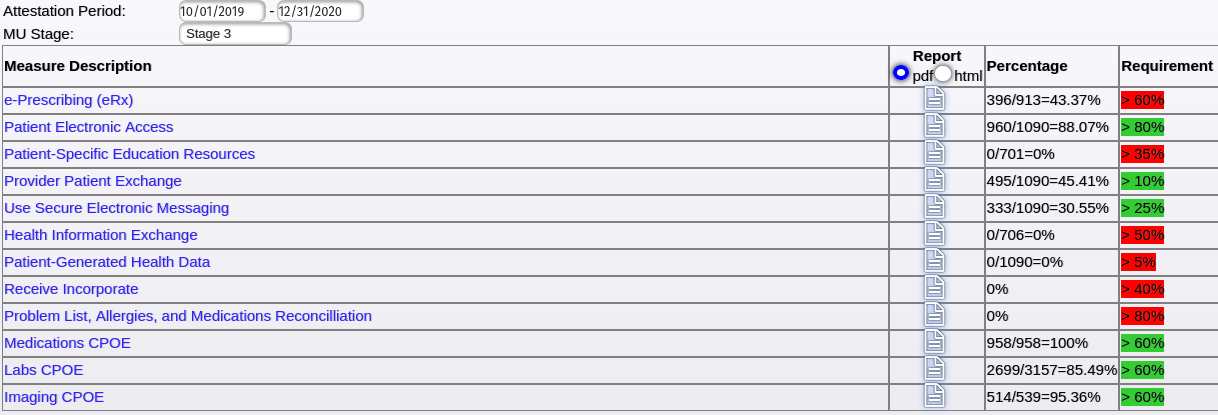Millions of people suffer from depression around the world, which is no surprise given we all experience melancholy at some point in our lives. After all, we've all seen someone cry. It's not simply a bad case of the blues. Depression can be brought on by, a traumatizing experience, the death of a loved one, a painful breakup, a debilitating illness, a bad childhood; maybe even none of the above. You may feel sad, but can’t identify the cause. Whatever the reason you are not alone. You can overcome it…I did and I haven’t looked back.
As a teen, I went through depression and found the safest place for me was in my bed. I didn’t want to eat I just wanted to “STAY” asleep. I couldn’t have a bad thought if I wasn't conscious. Sleeping for me was a good strategy because I was protected from my own thoughts. Needless to say this was not a good approach. It resolved nothing. When I awoke, everything was the same. I still felt hopeless and a victim to my own demons. You know the ones…the demons which tell you you’re not smart enough, good enough, worthless, they make you hate yourself, and everyone else. I can tell you I was the only one who was believing those lies about myself. No one else saw those things in me. I was blinded by depression and couldn’t see greener pastures. I was beside myself because I was sick of feeling sad. I knew I needed help, but didn’t know how to get myself there. I had tried therapy and anti-depressants, but I was still sad. I desperately needed a way out.
I found myself easily annoyed by anyone who attempted to help by saying my depression was a choice. Really? Who chooses to be depressed? Isn’t this something someone says who doesn’t have any clue what it’s like? So what can you do and how can you wake up from it? I tried getting professional help, and was put on different medications to help my “chemical imbalance”. Chemical imbalance? What does that mean? No one ever told me. I got so sick of hearing those words. I will tell you more about this too. I was given stimulants in an attempt to make chemical corrections. The only result it seems was no appetite at all, and I was eventually a size zero. Did these pills really do anything for me? The answer is yes, I will explain why.
Let me tell you something if you’re in the denial stages of depression all the above are signs. If you have lost interest in your appearance, do the minimum at work to squeak by, have developed a nervous tick because of your anxiety, have lost motivation, can’t remember a time when you were not sad, then you need to seek help. Seek help now, go to a therapist, find a support group, get a pet if needed....start somewhere, but don’t expect miracles overnight. Both emotional and physical healing comes with time. Yes, it takes time, but after enough time has passed healing begins. It certainly was the case for me. Finally, relief!
What causes the chemical imbalance to begin with?
So let’s talk about this chemical imbalance which causes depression. Studies show that when a person is told they have a chemical imbalance, there is a tendency to feel like nothing can be done for a cure. Other studies have found when a person is educated about their situation there is hope that a cure is forthcoming. So what causes your chemicals to get out of whack to begin with? It is because your hormones are unbalanced. When you experience long periods of emotional anxiety and stress it upsets nearly every system in your body. Hormones are disrupted by diet (high-salt, high-sugar), persistent stress, exposure to some environmental pollutants, and even a brain injury.
If emotional stress continues, then unresolved stress can lead to unbalanced hormone levels. Cortisol for instance is known as the primary stress hormone that helps manage how your body metabolizes carbohydrates, fats, and proteins. If you’re stressed, your brain sends a signal to your adrenal gland to release more cortisol. If your body is releasing higher levels of cortisol the last thing you should do while under stress is binge eat unhealthy foods. Too much sugar causes higher levels of cortisol as well. The longer your body is exposed to high levels of cortisol and other stress hormones the higher your risk is to developing other health problems like weight gain, high blood pressure, heart disease, memory impairment, and thyroid dysfunction. Cortisol is just one of a hundred hormones which can accelerate your depression. Other unbalanced hormones of dopamine, serotonin, estrogen, progesterone, and testosterone lead to depression.
Dopamine (feel-good hormone) is part or your brain’s reward system, which sends sensations of pleasure and controls your mood. Other happy hormones include serotonin and endorphins ,which also regulate your mood. Dopamine, serotonin, and endorphins are all hormones which influence the production of neurotransmitters (bodies messenger to the brain), which basically tells the body how to function not just physically, but mentally. Because these neurotransmitters tell our brain what to do and they affect a variety of psychological functions. When neurotransmitters don’t work properly, too much of that neurotransmitter can be released, which is why you have a chemical imbalance.
What can you do to help your chemical imbalance?
Health professionals know neurotransmitters play an important role in mental health, which is why drugs are prescribed to correct the body’s chemical messengers. Medications can treat a variety of psychiatric disorders. If you have tried anti-depressants and they didn’t work, or you found your body simply can’t handle them (like mine) you might try hormone replacement therapy. Hormone replacement therapy is a hormone replacement treatment to correct hormonal imbalances by sending a steady stream of hormones similar to the way your body distributes the hormones it produces naturally. This is bio-identical, not synthetic hormone treatment, which is why there is a lower risk for side effects. One of the numerous benefits of bio-identical hormone replacement therapy is the possibility to have a custom product created specifically for you. A doctor can prescribe particular amounts to help you get the most out of your treatment by balancing your hormones and alleviating any symptoms you may be experiencing. Before and after therapy lab work is necessary to identify any imbalances with your body. Hormone replacement therapy may be a good option for you if you struggled with anti-depressant medications. I could not remain on anti-depressants because stimulants caused me to completely lose my appetite. If you or someone you know is interested in hormone therapy replacement ask your family care provider or your gynecologist about this treatment.
The mind controls the body.
You want to be in control of your body, then be in control of your mind. When it came right down to it, I found my happiness by not just one choice, but many choices. When I was annoyed by others who said happiness was a choice. I thought of it as one choice, like I would just wake up one day and decide to be happy instead of sad? It’s not just one choice it's more like a thousand choices that got me to my destination. What is great about choices is you can make as many as you want. I started my day off with a positive thought first thing in the morning, and I started reading a daily devotional. I kept myself busy and I surrounded myself with happy people. You know the saying "birds of a feather flock together". When you constantly hang around certain people you eventually pick up on their habits, and with happy people typically comes good habits.
I wanted things to change, and I understood if I wanted things to change, I had to be the change I wanted to see. I had to change my way of thinking, and after all what did I have to lose? Why not give this a try? I began to look at anything positive I could grasp at. It didn’t matter how big or small. I looked for thinks to be thankful for every single day. I was thankful for my warm bed at night, straight teeth, good friends, and even hair on my head. I started being thankful for anything I could appreciate. Soon I was even thankful for those bad days, because it made me more thankful for the good… as crazy as it sounds it was true for me. I looked for anything that would bring happiness, and I stayed busy to keep me preoccupied. It wasn’t until I decided to work on myself I began to realize how negative of a person I had become. I couldn’t even find joy in the small things because I was a slave to my negativity and those inner demons of negative thought. I began to except help. Everyone needs help at some point it’s part of living and it is okay to receive it. I still have hard days, but it doesn’t last long at all and it is not depression, believe me I know the difference. Now that I am an over-comer of this illness I am “thankful” for the depression I experienced. If I had not been through it myself I could not use my experience to help others.
Don’t let anything, and I mean anything, stop you from finding peace. Things happen in life we don't anticipate so we often go off the deep end when we don't have control any longer. If you can't let go of it, you might lose out on something better and sweeter that comes your way. Help yourself so you can help someone else. You have just one life and it is yours so own it, claim it, live it, and do the best you can with it. If you have an autoimmune disease and the pain is stealing your happiness don’t decide to dwell on it. You can choose to be a prisoner to your pain or you can choose to live. Maybe you can use your situation to educate someone else. If you need to, then join an autoimmune support group. You can join one on social media, but look for one that is recommended. There are professional groups which monitor post before they are added to the feed. Reading those support group post will let you know you are not alone. Feeling bad about your circumstances just makes it worse because it will eventually take a physical toll on your body.
The best way to heal a broken heart is to find a way to move past the hurt. Sadness, anxiety, stress, not only affects you mentally, but it affects you physically. Life is not free of problems, but you don’t have to let problems get the best of you. Eat healthier, exercise, take time for yourself, and take time for your hobbies. Remember it is okay to make time for your self and except help from others.
Don't let yourself become a prisoner on that long dark nightmare train. Make the decision to get off this dreadful train and onto greener pastures. After all, you do deserve happiness!
Author: Jennie Welter
Share



